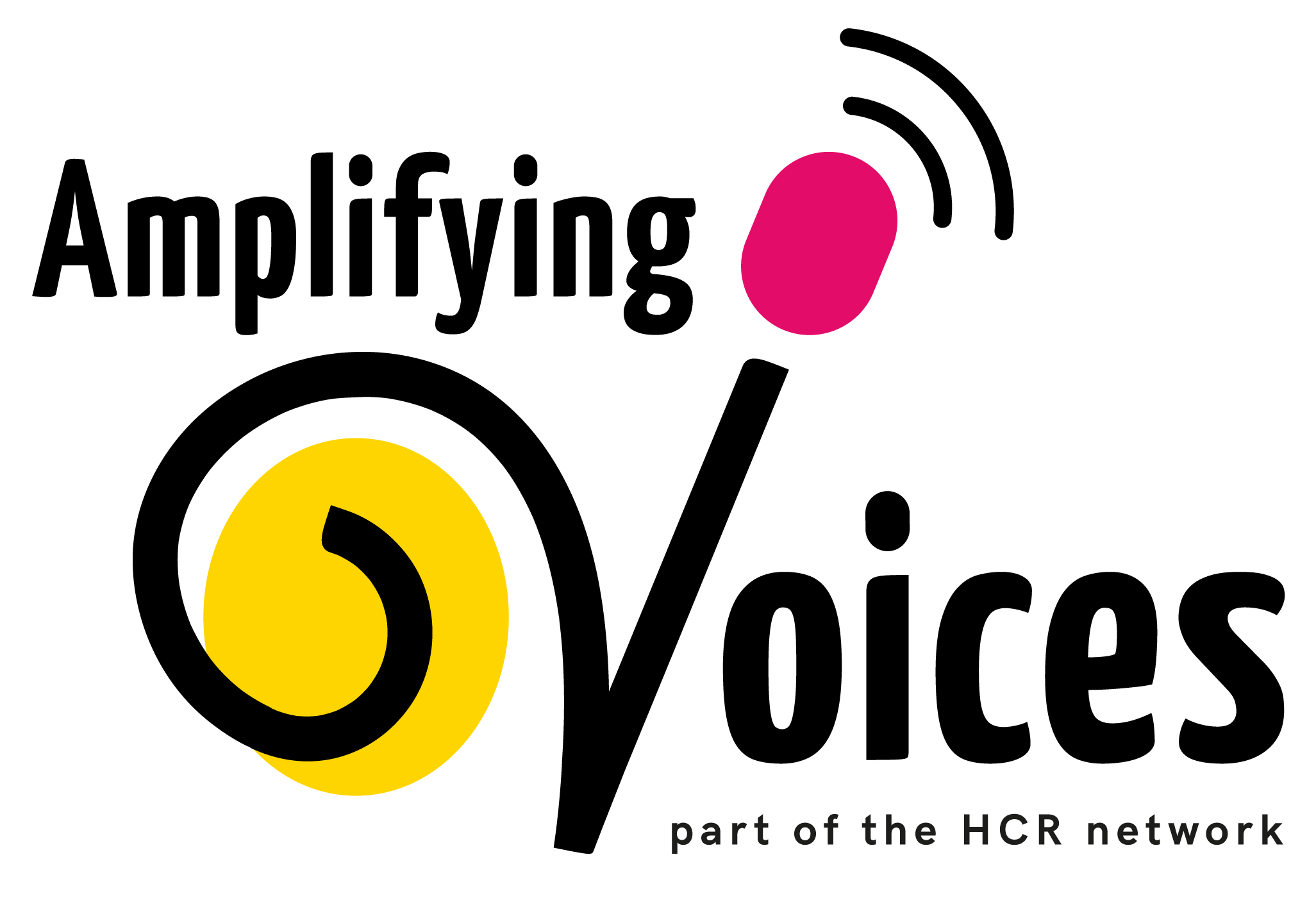Advice for community groups

Supporting communities in the COVID-19 crisis
(last updated 14 May 2021)
Translations available in Spanish and Portuguese (with thanks to the Anglican Alliance)
As a local community organisation or faith-based group, you are probably well placed to understand the broader communication needs of the people in your neighbourhood during the Coronavirus crisis. We’d like to offer the following advice for engaging effectively with your community during this period. This page provides principles for supporting your community’s communication needs. There are other sites (links at end of page) providing official medical advice and ideas for community activities.
-
Talk with the community, instead of to the community. Use channels/ methods that allow the congregation or community voices to ask their questions, tell their stories and share their encouragements. When you listen and people feel heard, you help build trust. This creates a positive framework in which expert voices are more likely to be listened to. This will need some creativity in a social distancing environment (read more)
-
Categorise the types of concerns and questions that people are raising. See categories below with examples of concerns you might observe. Categorising questions this way will help you to act as a bridge between appropriate service providers and felt community needs.
-
To prevent spread of misinformation and rumour:
-
Trust the experts on health advice. Don’t re-interpret your government’s advice, pass it on directly. (Be creative for your context, but don’t change or dilute the message)
-
Always give people your information sources so they can check the facts for themselves.
-
Use ‘mythbuster’ sites from WHO, health authorities to correct misinformation.
-
Record new rumours that you hear and report them to health authorities so they can track and address them. (More here:
-
-
Do use your strengths. Your are probably very relationally connected with community members.
-
Help alleviate mental and emotional stress. Connect people with hope. Include the voices of the most vulnerable. (See additional resources for advice on inclusion and psychosocial support)
-
Keep the conversation about fellow humans. Prevent religious or racial stigmatising of specific people groups, or people who have Covid-19. (See WHO Guidelines for preventing stigmatisation).
-
Model good practice. Some of the health and hygiene advice goes against cultural norms. If you are respected in your neighbourhood as a religious leader, or community representative, your example can make it more likely that others will follow the advice.
-
Be present. Participate in community initiatives, especially those that support and empower the most vulnerable.
-
Create and coordinate opportunities to connect with others in your communities meaningfully and safely.
-
Focus on ‘God with us’ rather than ‘God against us’.
-
More on Covid-19
Community concerns: categories and typical questions
(Download a printable vesion here for your own use or a printable blank template here for using when engaging with your community)
Information about Covid-19
- Which sources of information can be trusted?
- How is Coronavirus spreading locally?
- Should I go to work/ school etc?
- How do I access government support?
- When can I mix with other people safely?
- How can I help with the community response?
Health - Physical , hygiene
- Social distancing/ hygiene practices to prevent Covid-19.
- What are the policies for getting a doctor appointment?
- Covid-19 immunisation – when/ how can I get it?
- Increased awareness for high risk people.
- How do I get help if I get the symptoms of Covid-19?
- Where can I get medical help for non-Covid-19 issues?
- How to stay physically fit while in self-isolation
Health - Mental, emotional
- Fear
- Grief
- Numbness/disbelief
- Anger/ Hatred
- Guilt
- Anxiety
- Panic
- Trouble sleeping/ Nightmares
- Depression
- Trauma
- Becoming angry easily/ even violent
Food, nutrition, household items
- Being able to buy food for my family
- Eating healthily during self-isolation
- Buying enough and leaving enough
- Stockpiling affects elderly/ low income families
Finances
- Loss of income (what support is available and how do I access it?)
- Meeting cost of rent/ mortgage
Education
- Children not going to school
- What's happening with exams/ assessments?
Safeguarding
- Keeping vulnerable people safe (eg when unknown neighbours offer to buy food)
- Will I be stigmatised because: I’m a foreigner/ I recently returned from travel/ I have Covid-19?
Spiritual/ faith
- How can I stay connected with my faith community?
- What can our group do to help others safely?
- Where is God in all of this?
- How can we be a voice for hope?
